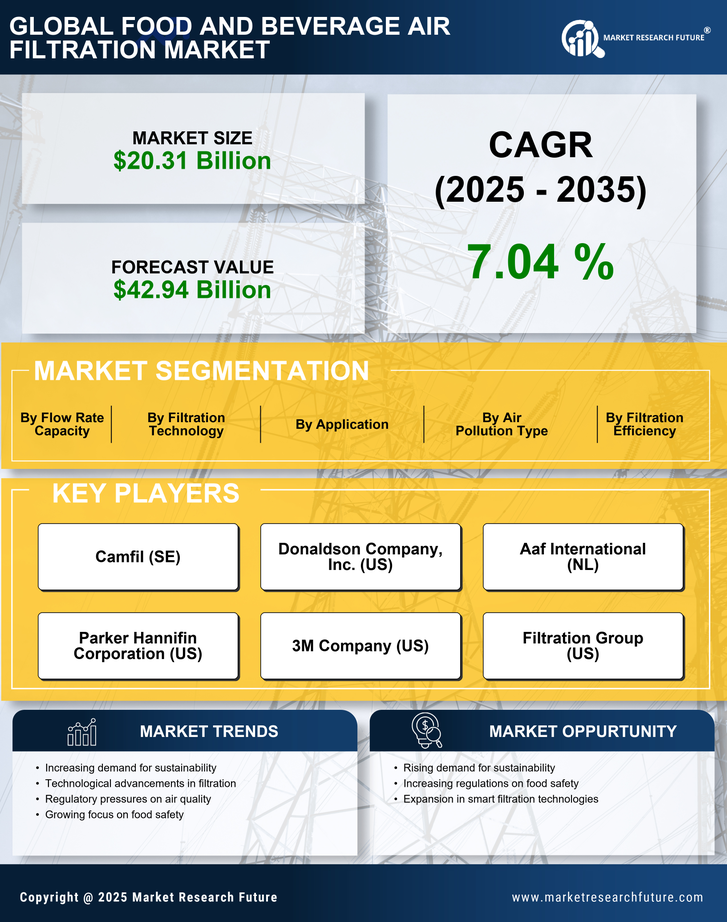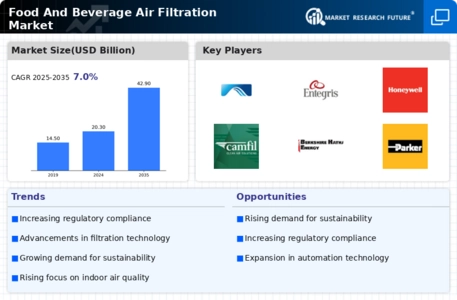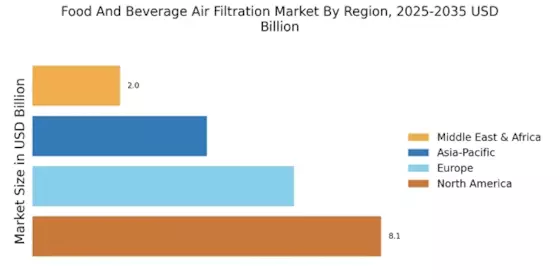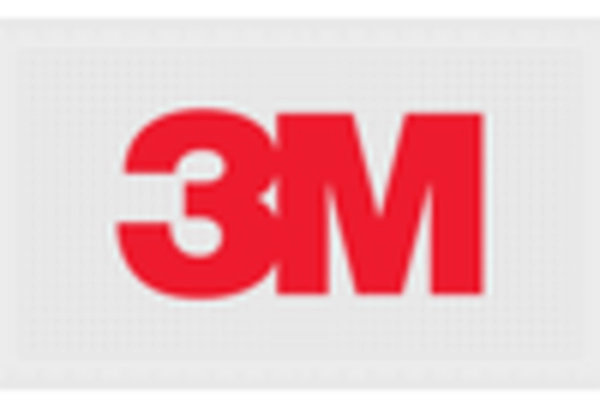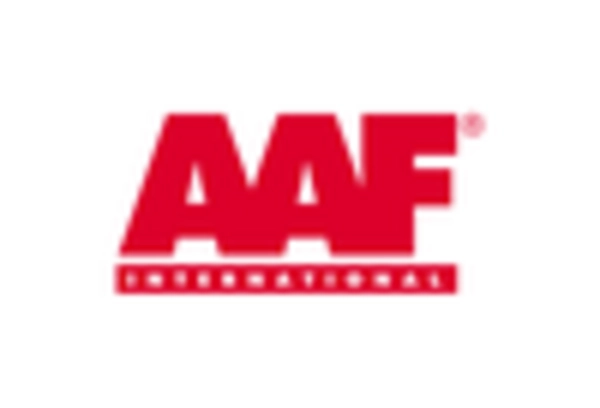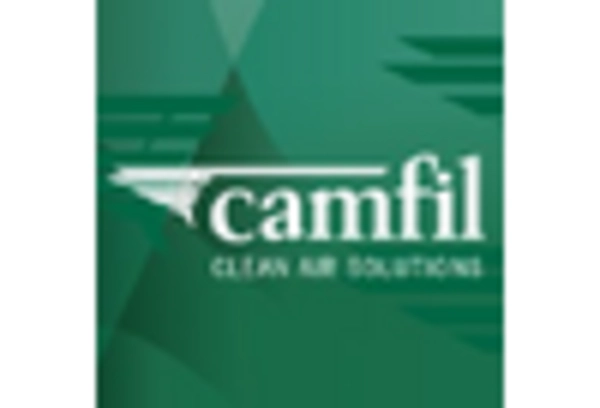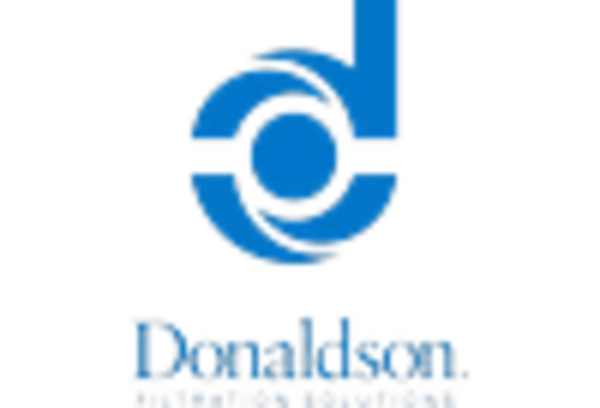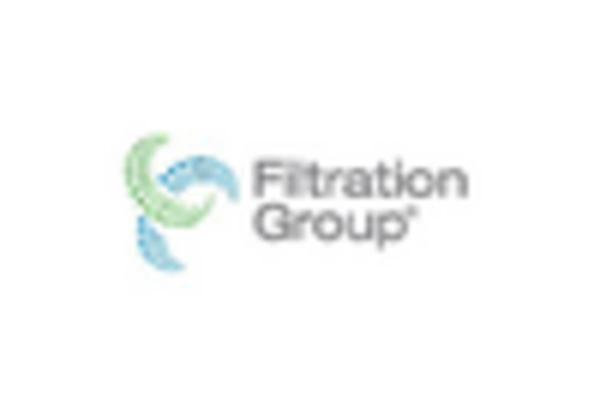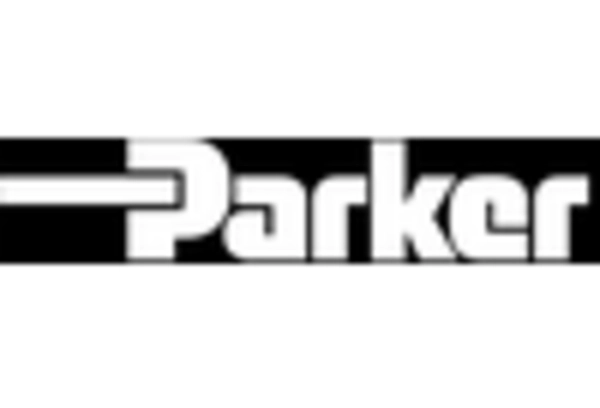Growing Consumer Awareness
Consumer awareness regarding food safety and hygiene is significantly influencing the food and beverage air filtration Market. As consumers become more informed about the potential health risks associated with poor air quality in food production environments, they are increasingly demanding higher standards of cleanliness and safety. This shift in consumer behavior is prompting food and beverage companies to adopt advanced air filtration solutions to enhance product quality and safety. Market data indicates that companies investing in air filtration technologies are likely to see improved customer trust and loyalty, which can translate into increased sales and market share.
Rising Health Consciousness
The increasing health consciousness among consumers is a pivotal driver for the Food And Beverage Air Filtration Market. As individuals become more aware of the link between air quality and health, there is a growing demand for cleaner air in food production and processing environments. This trend is pushing food manufacturers to prioritize air filtration solutions that minimize airborne contaminants. Market data indicates that companies that implement effective air filtration systems are likely to experience a competitive advantage, as they can assure consumers of the safety and quality of their products. This heightened focus on health is expected to sustain the growth of the air filtration market.
Increasing Regulatory Standards
The Food And Beverage Air Filtration Market is experiencing a notable rise in regulatory standards aimed at ensuring food safety and quality. Governments and health organizations are implementing stringent guidelines regarding air quality in food processing and storage facilities. This trend is likely to drive the demand for advanced air filtration systems that comply with these regulations. For instance, the implementation of HACCP (Hazard Analysis Critical Control Point) principles necessitates effective air filtration to prevent contamination. As a result, manufacturers are compelled to invest in high-efficiency particulate air (HEPA) filters and other advanced technologies to meet these standards, thereby propelling market growth.
Expansion of Food Processing Facilities
The expansion of food processing facilities is significantly impacting the Food And Beverage Air Filtration Market. As the demand for processed food continues to rise, manufacturers are investing in new facilities and upgrading existing ones to enhance production capacity. This expansion necessitates the installation of advanced air filtration systems to maintain air quality and comply with health regulations. Market trends indicate that the construction of new food processing plants is likely to drive the demand for air filtration solutions, as these facilities require efficient systems to ensure product safety and quality. This trend is expected to contribute to the overall growth of the market.
Technological Advancements in Filtration Systems
The Food And Beverage Air Filtration Market is benefiting from rapid technological advancements in filtration systems. Innovations such as electrostatic precipitators, UV-C light filtration, and nanofiber technology are enhancing the efficiency and effectiveness of air filtration solutions. These advancements not only improve air quality but also reduce energy consumption, making them more appealing to food and beverage manufacturers. Market analysis suggests that the integration of these technologies can lead to a reduction in operational costs while ensuring compliance with health regulations. Consequently, the adoption of advanced filtration systems is expected to accelerate, driving market growth.
